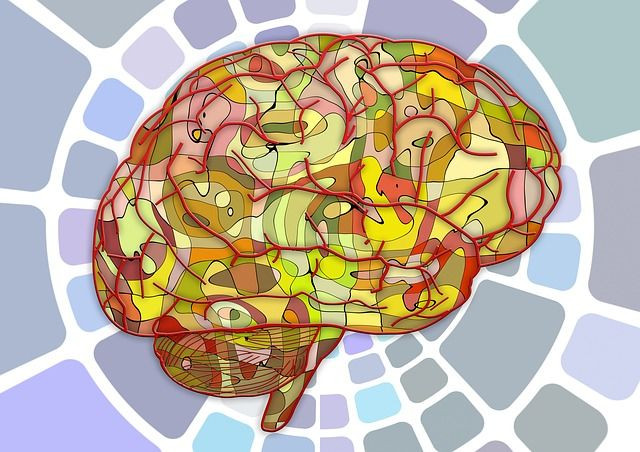I Know That I Know Nothing: People Who Think Intelligence Is Unchangeable Susceptible To Perils Of Overconfidence

Much like passing gas on a first date, overconfidence is something we all experience but rarely cop to.
While the occasional false sense of bravado may be a widespread flaw of humanity, though, it’s believed certain situations leave us especially vulnerable to its perils. For instance, since the late 1990s, researchers have been able to demonstrate that when someone is objectively incompetent in a subject area, they widely overestimate their knowledge of it upon being asked to evaluate themselves — a cognitive bias known as the Dunning-Kruger Effect.
Now, a study published in November in the Journal of Experimental Social Psychology claims to have found another underlying trigger for overconfidence: our belief of how intelligence works.
Recruiting more than 200 college students to go through three separate experiments, the study authors first found that volunteers who viewed intelligence as a fixed immutable trait overestimated their performance (relative to their peers) on a multiple choice test dramatically more than those who saw it as something that could be improved over time — a so-called “incremental” mindset versus the “entity” theory of intelligence seen in the former group.
In the second experiment, after encouraging people to adopt one mindset or the other prior to the test by making them read a news article that concluded intelligence was either immutable or malleable, they concluded the effect could partially be explained by the tendency for the entity group to spend noticeably less time solving difficult questions.
Lastly, in the third experiment, the researchers were able to manipulate the effect by forcing the groups to spend more time on certain questions, asking them to rewrite the questions before answering. The subset of the entity group that spent more time on difficult questions subsequently brought their self-assessments closer to reality, while those who spent more time on easier questions stayed as overconfident as before.
“Together, these studies provide intriguing new evidence that the overconfidence effect may be less universal than previously thought,” the authors wrote. “Each study revealed a general overconfidence effect, but further analyses revealed that participants who endorse an entity theory accounted for the lion's share of that effect. Importantly, this work also offers insight into a previously unknown contributor to overconfidence — a motivated pattern of attention allocation that encourages overconfident perceptions of performance.”
It’s theorized by the research team that when people with an entity mindset encounter a difficult problem or task, they unconsciously tend to see the challenge as a threat to their intelligence — an unpassable brick wall that would diminish the (overvalued) self-evaluation of their skills if they thought about it for too long. Incrementally-minded people, however, are less likely to stake their innate intelligence on their ability to answer any one question and might even see a harder one as an opportunity to improve their knowledge. And while both groups spent more time on the easier questions, the incremental group possessed a better self-insight of their limits.
Perhaps the most encouraging finding made by the researchers is that the overconfidence effect isn’t set in stone.
“As demonstrated in Study 2, one effective strategy for inspiring improved accuracy in self-assessments is to teach people an incremental view of intelligence. ... In addition, Study 3 demonstrates that directing people's attention toward the most difficult aspects of a task can inspire more accurate self-assessments among those who typically showed the most overconfidence (entity theorists).” they wrote. “Future research could further explore whether interventions that teach an incremental mindset and/or direct attention to difficulty might reduce overconfidence in the classroom and workplace.”
Indeed, when it comes to the Dunning-Kruger effect, it’s been shown that providing incompetently skilled volunteers some training in the area of choice allows them to finally see the gaps in their knowledge for what they are.
For those wondering, by the way, the question of how intelligence works — as either something immutable or limitless — is much more complicated than most anyone would like it to be. While genetics and our early home environment do play a significant (and probably the largest) role in shaping our ability to learn new information and put it to practical use, they aren’t the only factors, nor is intelligence something that necessarily peaks in our early years.
Taken as a whole, these current findings suggest that our level of humility, much like intelligence, is something we can work on over time.
Source: Ehrlinger J, Mitchum A, Dweck C. Understanding overconfidence: Theories of intelligence, preferential attention, and distorted self-assessment. Journal of Experimental Social Psychology. 2016.



























